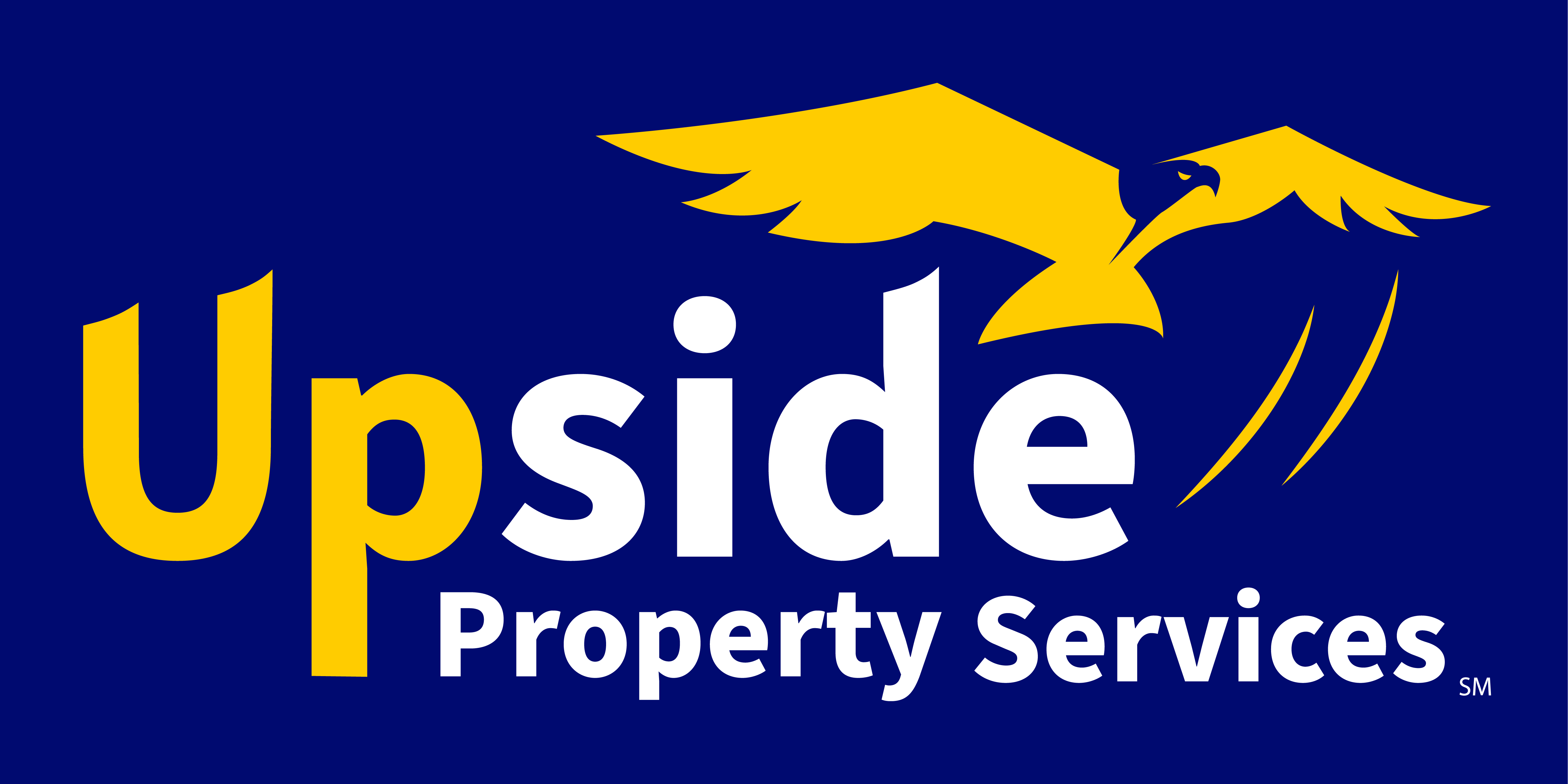A Comprehensive Guide for Private Investors
In the realm of real estate investment, securing the right financing can make the difference between a lucrative venture and a financial setback. With a multitude of mortgage options available, private real estate investors face a complex decision-making process. To navigate this landscape effectively, it’s crucial to understand the nuances of each type of mortgage and its suitability for your specific investment goals.
Conventional Investment Property Loans: A Foundation for Stability
Conventional investment property loans represent a cornerstone of real estate financing, offered by banks, credit unions, and other traditional lenders. These loans typically adhere to standardized guidelines, offering competitive interest rates and fixed-term options that provide long-term predictability.
FHA Loans: Expanding Access with Lower Down Payments
For private investors seeking lower down payment options, FHA loans emerge as a viable alternative. Backed by the Federal Housing Administration (FHA), these loans offer lower credit score requirements and down payments as low as 3.5%. However, they may come with additional fees and mortgage insurance premiums.
VA Loans: Honoring Veterans with Favorable Terms
Veterans and their eligible spouses can benefit from VA loans, renowned for their favorable interest rates and lenient credit requirements. These loans require no down payment, making them an attractive option for those with limited upfront capital.
Portfolio Loans: Tailored Solutions for Unique Needs
Portfolio loans, offered directly by lenders, provide flexibility for investment properties that may not fit the criteria of conventional or government-backed loans. These loans may accommodate properties with higher risk profiles or unique characteristics, often with higher interest rates.
Hard Money Loans: Expedited Funding for Quick-Fix Projects
Hard money loans cater to experienced real estate investors seeking short-term financing for quick-fix projects or properties that may not qualify for traditional loans. These loans are backed by the property’s equity, offering expedited funding but often at higher interest rates.
Private Money Loans: Unconventional Funding from Private Sources
Private money loans provide an alternative financing avenue, funded by individuals or institutions seeking to invest in real estate. These loans may offer more flexible terms and conditions compared to traditional lenders, but they often come with higher interest rates.
Home Equity Loans and HELOCs: Tapping into Existing Equity
Homeowners can leverage their existing equity to finance investment properties through home equity loans or home equity lines of credit (HELOCs). HELOCs offer revolving credit lines, while home equity loans provide a lump sum.
Cash-Out Refinances: Unleashing Equity for Investment Opportunities
Cash-out refinances allow homeowners to borrow against the equity in their primary residence to fund investment properties. This option can provide access to significant capital without selling the primary residence.
Choosing the Right Mortgage: Aligning with Investment Goals
The decision of which mortgage to pursue hinges on various factors, including:
- Investment Property Type: Consider the property’s type, location, and intended use.
- Down Payment Capacity: Assess your available upfront capital to determine the most suitable loan options.
- Credit Score: Evaluate your creditworthiness to determine eligibility for conventional or government-backed loans.
- Investment Timeline: Consider the length of your investment horizon and the associated financing terms.
- Risk Tolerance: Assess your willingness to accept higher interest rates or stricter qualifying criteria in exchange for greater flexibility.
Seeking Expert Guidance: Navigating the Mortgage Maze
To navigate the complexities of real estate investment mortgages, consulting with experienced mortgage professionals can prove invaluable. Mortgage brokers, financial advisors, and real estate attorneys can provide personalized guidance, helping you identify the most suitable financing solutions for your specific investment goals.
Conclusion: Empowering Private Investors with Informed Decisions
The world of real estate investment mortgages presents a diverse array of options, each with its own unique characteristics and suitability for different investment strategies. By understanding the nuances of each mortgage type, carefully evaluating your investment goals, and seeking expert guidance, private real estate investors can make informed decisions that pave the way for successful ventures.

